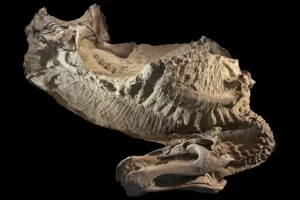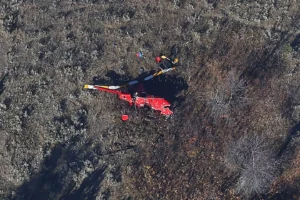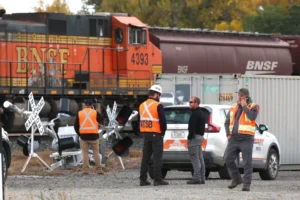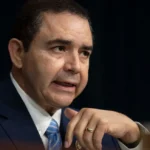WYOMING SCHOOLS AT A CROSSROADS: Looking at Education in Wyoming with New Eyes
Members of the RIDE Advisory Group and the State Board of Education share insights on their respective education initiatives
- Published In: Other News & Features
- Last Updated: Oct 25, 2022
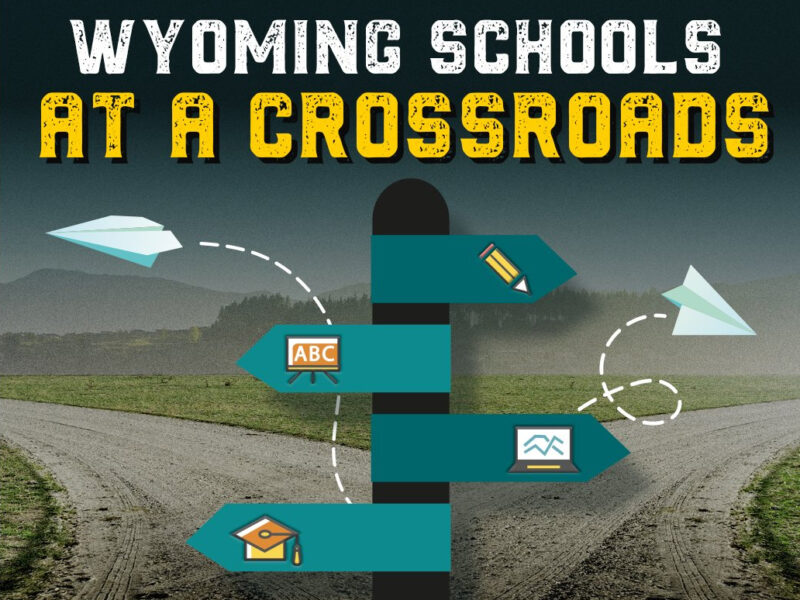
By Elizabeth Sampson
Special to the Wyoming Truth
Two organizations are taking a fresh look at the state’s education system, and members of both groups met in Casper on Friday to collaborate and compare strategies.
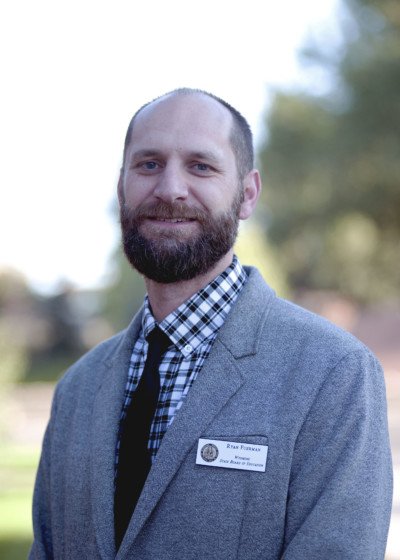
The RIDE advisory group and the State Board of Education convened at the University of Wyoming Casper campus to discuss ideas for the future and share messages they received from parents, educators, business owners and community members during listening sessions they conducted throughout Wyoming. The State Board of Education conducted two rounds of listening sessions in the spring and early summer, while RIDE listening sessions took place in June and July.
Gov. Mark Gordon established RIDE (Reimagining and Innovating the Delivery of Education) in November 2021 to elevate Wyoming’s primary and secondary education system to national prominence. Meanwhile, the state board is developing its Profile of a Graduate to determine what skills and qualifications Wyoming students should acquire and re-examining the state graduation standards.

Members of both groups said they learned that many Wyomingites want schools to reduce the number of required standards and assessments and focus on producing high school graduates who are prepared to enter adulthood and succeed with real-life skills.
SBE chairman Ryan Fuhrman said there are aspects of the WY-TOPP testing system that don’t make sense. For example, 10th grade students are tested on 10th-12th grade science standards—material they have not learned yet.
“For a high school student, the WY-TOPP means nothing to them,” Fuhrman said. “It’s not their future—it’s not the ACT. How do we ensure students are learning the foundation to be flexible for an economy we can’t envision?”
Instead of measuring student achievement with standardized bubble tests, RIDE and SBE representatives discussed implementing a competency-based approach, which would require students to prove their understanding of a topic. In this scenario, students would move through the curriculum at their own pace, providing flexibility to the learners.
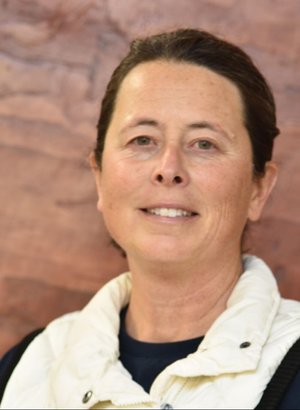
Members of both groups discussed how this learning style could allow for awarding credit toward graduation to students who demonstrate certain competencies through extracurricular activities. Some students could receive credit for after-school employment, job shadowing or work with organizations like 4-H or the National FFA Organization.
“Outside of the school day education can happen in a very impactful way, and it’s time to let some of those experiences count for how we value and measure successes of a kid,” said Robin Schamber, SBE treasurer.
The ways career and technical education instructors get it right also came up. Students in this track have high graduation rates, and the meeting attendees discussed how they understand the ways their education connects to their future. Often these classes are siloed, so students are either on a career or college track, but RIDE and SBE members floated the idea of integrating the two.
Both groups heard about mental health support for students, teachers and even parents during their listening sessions. Classroom teachers are being pulled away from teaching to assist students who are experiencing mental health crises, said
Thea True Wells, member of the RIDE advisory board. School counselors lack time to guide students on college and career planning because they, too, must focus on helping students facing mental health crises, according to Fuhrman.
“Parents have a lot on their plates; they are part of the solution,” said Wells. “But I think we can also be a huge part of that solution to help navigate these changed realities [such as] COVID and social media.”
Nicole Novotny Wonka, another member of RIDE, said the mental health of teachers should be addressed.
“They are attacked by the public, the legislature, and also just the piling on of more standards, more expectations,” she said. “There’s only so much time in a day to deliver all that while also having the demands of the kids and their mental health, too. The teacher’s mental health [is] something that really came out to me during those listening sessions.”
Going forward, both groups intend to make sure their efforts move beyond discussing and then shelving innovative ideas. RIDE members will present their findings to the governor later this fall, while the State Board of Education approved a resolution to address the instructional and learning load of the current state standards as it works on the state’s graduation requirements.
“I’m going to close with a Latin phrase,” Fuhrman said. “It is festina lente, which is make haste slowly. I feel like that’s the work. We need to not sit. We need to move forward, but we need to be deliberate and conscious of all the decisions we’re making and how all those pieces fit together.”



